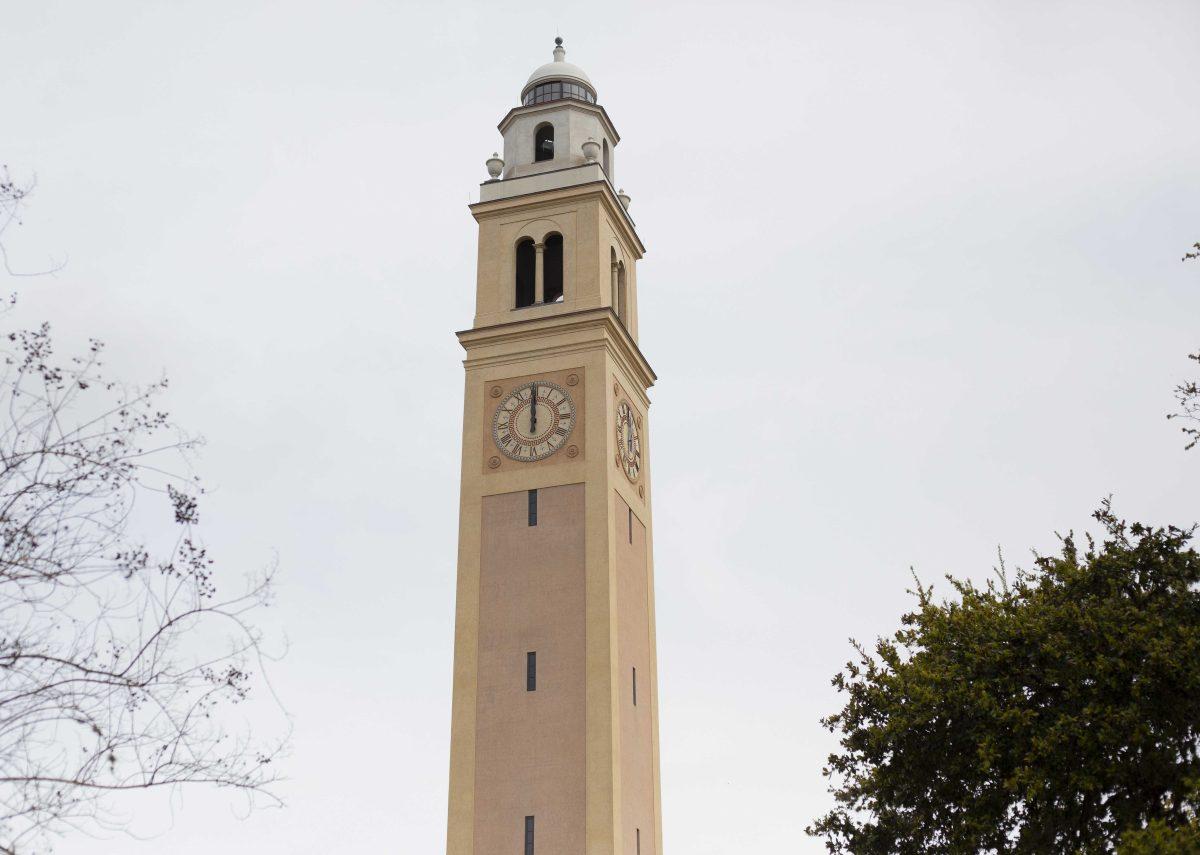When the University moved classes online and told students to go home if they could, some students had just a five minute drive home. Others had to fly across the country. But students who left their home country to study abroad in Louisiana faced a unique set of hardships.
Madi Ball, a sophomore studying abroad at LSU from La Trobe University in Melbourne, Australia, is one of those students.
“I was in Louisiana, and I wasn’t too stressed about the situation,” Ball said. “I knew there were a few cases of the virus in Melbourne, so I actually spoke with my parents about just staying and being safe at LSU.”
Then, Ball began receiving emails from her home university encouraging her to return home immediately.
Ball said at first she didn’t think the situation was serious, but she texted friends that were studying abroad in Washington state and Nebraska, both of whom had decided to leave the United States and head home.
“I was really stressed,” Ball said, “I was a 19 year old with absolutely no idea what I was doing.”
Normally, it would take Ball two connection flights to get from Baton Rouge to Melbourne. None of the systems to schedule flights were working, so her parents had to get the best they could, which was four connecting flights.
“I was really scared because it meant I was going through really big airports like Atlanta, LA, Sydney and Melbourne,” Ball said.
Ball said it was difficult getting home, and everyone in the airports and on the planes were wearing masks. When she landed in Sydney, she had to be evaluated by the Australian customs before continuing on to Melbourne.
“The Australian border force was there when I came through the gates,” Ball said. “They were all in hazmat suits and stuff, and it was honestly like they were treating us like aliens.”
Once Ball got home, the Australian government required her to stay in complete isolation for 2 weeks. Those who disregarded orders could face a hefty fine of thousands of dollars. The police checked up on her during that 2 week period to ensure she was keeping herself isolated.
Through all that stress, Ball also had concerns about how she will finish out her credit for the year, especially with the inconvenient time zone difference. Her hometown of Melbourne uses Australian Eastern Standard Time, which is 15 hours ahead of Baton Rouge.
“It’s the worst,” Ball said. “If I wanted to attend a Zoom class I’d have to be up from like 11:30 to 3 a.m.”
Ball said she is grateful to the teachers that are recording their lectures and letting her watch those in her own time, but she is subjected to the same deadlines as everyone else.
“The deadlines are really inconvenient for me,” Ball said. “Some teachers are setting stuff at like 5 p.m. Baton Rouge time and that’s like 9 a.m. for me, so I get less time to do work and assignments because I sleep more in that time schedule.”
Ball said the University hasn’t been in contact with her since she left the country, but her teachers have been going out of their way to help her.
The University provides COVID-19 updates and resources for international students on the LSU International Programs website. It has been confirmed by the Student and Exchange Visitor Program that institutions are unable to issue student visas for new international students to enter the United States for the summer semester. International students who were admitted for the summer semester can participate in remote instruction or defer their admission to a later semester.
Even though her semester abroad got cut short, Ball said she still enjoyed her time in Louisiana and would recommend it to her friends in Australia.
“It’s an experience like no other,” Ball said. “I feel like it’s changed me as a person for the better. I’ve never cried so much as I did when I had to leave so abruptly.”





